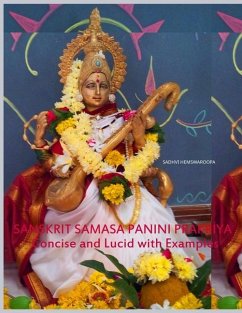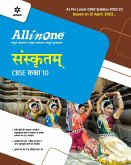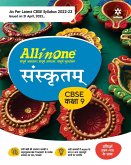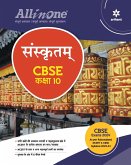Compound words are frequently seen in Sanskrit Vedanta and Upanishad texts . These are condensed sentences, nay entire paragraphs of subtle wisdom. 2.1.4 सह सुपा । With a word ending in a case-affix. In this sutra the word अय is implicit, so it consists of three words, सुप् सह सुपा । * सह सुप् समस्यते समर्थेन a case-inflected word may be compounded with a word with which it is connected in sense. To put it another way, a join of two words that are somehow meaningfully related. * सुपा सह समस्यते a case-inflected word is compounded with another sup-inflected word, i.e. compounding a tinganta/subanta pada with a subantam padam. --------------------------------------------------------------------------------------------------------------------- >The VisheshaSamasa compound word has the four major types. - I. TatPurusha, i.e. ThatBeing - II. Bahuvrihi, i.e. ManyTypes/Indeterminate - III. Dvandva, i.e. Noun word joins having equal or similar importance - IV. AvyayiBhava, i.e. that which is an Indeclinable --------------------------------------------------------------------------------------------------------------------- Concise discussion of Sanskrit Grammar Samasa = Compound Words. Gives relevant Ashtadhyayi Sutras.
Hinweis: Dieser Artikel kann nur an eine deutsche Lieferadresse ausgeliefert werden.
Hinweis: Dieser Artikel kann nur an eine deutsche Lieferadresse ausgeliefert werden.








